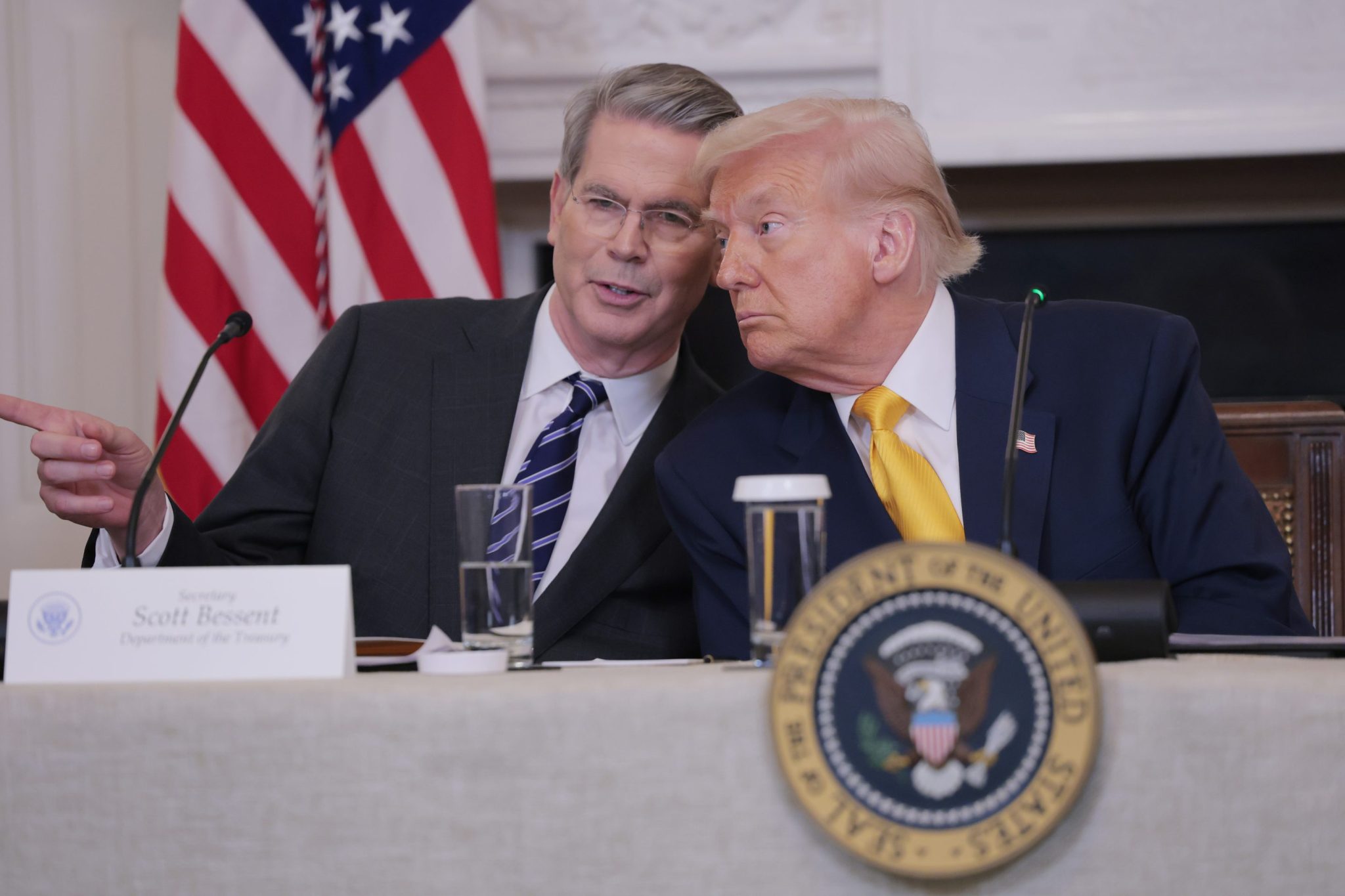
A federal court of appeals said President Trump overstepped his authority when he imposed sweeping tariffs. Now, American importers are scrambling to see if they’ll get a refund on the more than $150 billion they already paid.
The court ruled Friday that the Trump administration could not use the International Emergency Economic Powers Act (IEEPA), which allows the president “broad authority to regulate a variety of economic transactions following a declaration of national emergency” as justification for his unilaterally imposed tariffs. The ruling largely upheld a May decision by a federal trade court in New York.
Trump’s tariff agenda now faces a setback, and although the appeals court let the affected tariffs stay in place until Oct. 14, Trump has said he will quickly elevate the issue to the Supreme Court. The nation’s highest court could take up the case during a new session that begins next month.
Yet, it’s not guaranteed the Supreme Court will take up the case, as it usually doesn’t opine on similar topics, and the last case it heard on a trade issue was in 2009. The administration may also choose to change the legal justification for its tariffs rather than face a court fight it might lose, said David Coale, a Texas-based appellate lawyer and partner at Lynn Pinker Hurst & Schwegmann.
“It’s an important issue, but the administration may just decide to reboot its tariff program on a more solid legal footing, trying to rely on other statutes besides these ‘emergency’ ones,” Coale told Fortune.
Getting a refund
In the meantime, American businesses are looking for ways to get back some of their money, which may mean dealing with layers of bureaucracy. The parties in the lawsuit decided by the appeals court Friday have a good argument to get their money back as part of the case, said Coale. But it’s unclear what other businesses will need to do to get their money back.
“Other parties can seek a refund through CBP’s administrative structure, which will probably involve a lot of red tape and potentially more litigation,” said Coale.
An unfavorable Supreme Court decision for the Trump administration, could mean automatic refunds for importers. Otherwise, these companies will likely rush to bring on experts that can navigate a more manual process to get companies’ money back, said Mike Short, the president of global freight forwarding at logistics and supply-chain company C.H. Robinson. Still, Short said there is some uncertainty on possible refunds for tariffs that will need to be decided by the Supreme Court.
“If the U.S. Supreme Court reviews the case and upholds the lower courts’ decision, it remains unclear whether their ruling will specify retroactive refunds of duties already paid or only prevent tariffs from being applied to future shipments,” Short told Fortune.
The Treasury Department, which is responsible for holding onto tariff revenue until it is designated a use, did not immediately respond to Fortune’s request for comment.
Trump has used the IEEPA as justification for a majority of the tariffs imposed since his reelection, excluding some like those imposed on steel, aluminum, and copper, which cited national-security risks. The IEEPA-justified tariffs include Trump’s baseline “Liberation Day” tariffs that reached just under 50% for some countries. The president also cited the IEEPA when he increased tariffs to 50% on both Brazil and India in the past two months, as well as for his threats to raise tariffs on China as high as 145%.
If the ruling by the Court of Appeals is upheld and the tariffs are invalidated, the U.S. government could also lose out on revenue. The Congressional Budget Office predicted last month that revenue from Trump’s escalated tariffs could cut the federal deficit by $4 trillion over the next 10 years.















